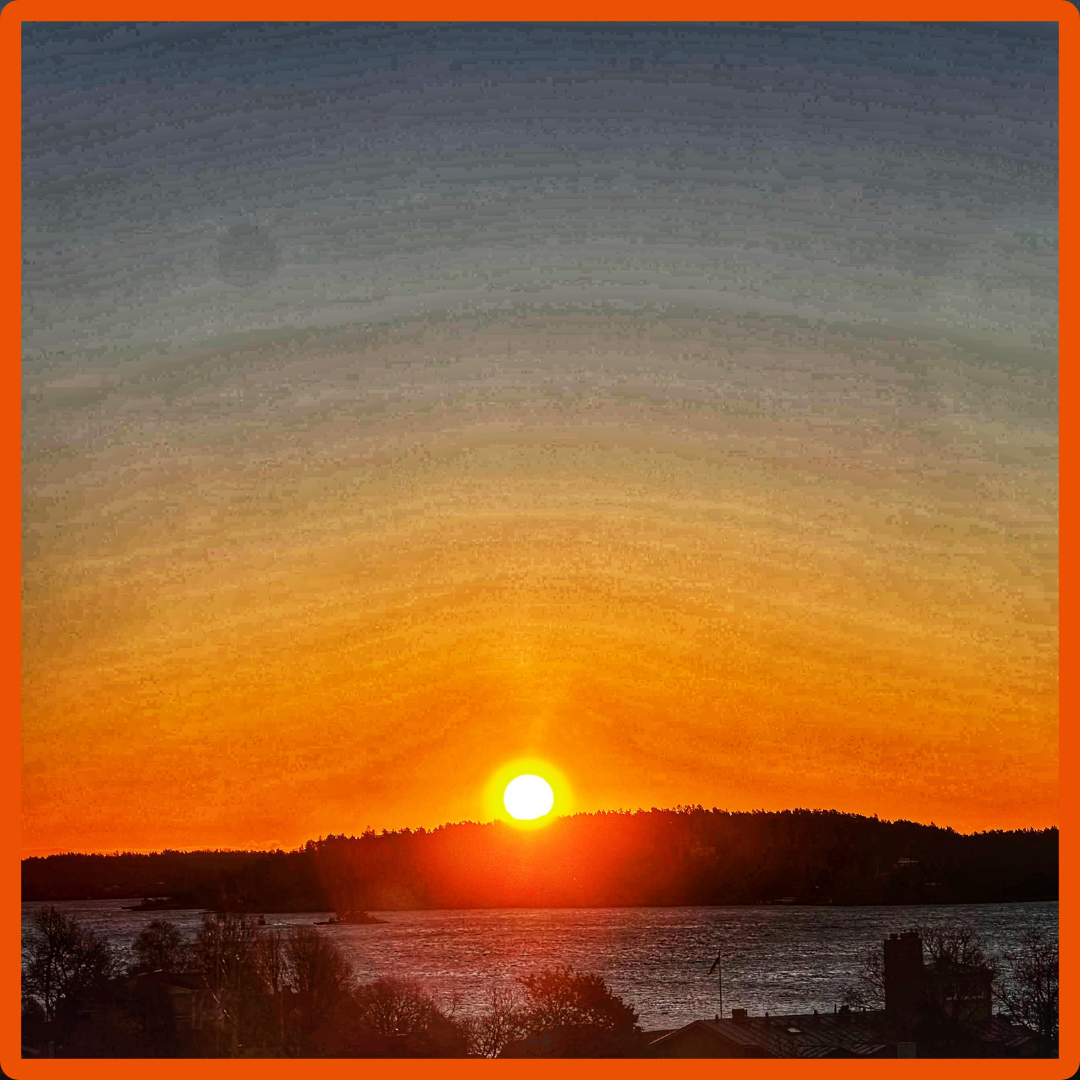The Wordhord
In Old English, a wordhord was a hoard of words — a store of language kept close, ready to be drawn on when it mattered most. To unlock the wordhord was to begin to speak with purpose and skill.
One of the earliest and most evocative uses comes from Beowulf, just as the hero prepares to speak for the first time:
Him se yldesta andswarode, The eldest of them answered,
werodes wīsa, wordhord onlēac: the leader of the warriors, unlocked his wordhoard:
“Wē synt gumcynnes Gēata lēode “We are men of the Geatish people,
and Hīgeles heoras; Beowulf is mīn nama…” Hygelac’s hearth-companions; my name is Beowulf…”
To open one’s wordhord is not simply to speak — it is to draw on knowledge, memory, and meaning, and shape them into something that can be shared.
This section gathers reflections on the structure, history, and meaning of English words. You’ll find etymology cards, seasonal explorations, and word-family notes that trace how language grows — not at random, but through stories, roots, and sound.
Each entry examines how a word was built, where it came from, and how its meaning has shifted through time, translation, and use. It’s a place for wordcraft grounded in history — practical, curious, and shaped by the belief that language is not just learnt, but forged.
Shine: the long story of brightness and becoming light
A short exploration of the word ‘shine’, from Old English ‘scinan’ to the Hebrew forms behind Isaiah’s ‘arise, shine’. This study traces how English, Hebrew and European translations express radiance, brightness and becoming light.
Twilight: the half-light between day and night
‘Twilight’ joins ‘two’ and ‘light’ to name the half-light between day and night. From Old English twi-lyht, it shares roots with ‘twin’ and ‘lucid’. Its Romance cousin crepusculum gave French ‘crépuscule’ and Italian ‘crepuscolo’. Across Europe, twilight glows through words of dimness, doubling, and fading.
Frost: the old word for ice at rest
‘Frost’ has hardly changed in a thousand years. From Old English ‘forst’ to modern English, the same word has marked cold mornings and white fields. Its root goes back to Proto-Germanic frustaz and the older Indo-European preus- — a word for freezing, burning, shivering. Across Europe, its relatives still bite the air: German ‘Frost’, Dutch ‘vorst’, Swedish ‘frost’, French ‘gelée’, Irish ‘sioc’.
Drizzle – the smallest rain
A word for the lightest rain, drizzle comes from Middle English drislen, built from Old English drēosan, ‘to fall’. Germanic cousins include Niesel and motregen, while the Romance languages turn to bruine and llovizna. Across Europe, the sense is shared — soft rain that seems to hover before it lands.
Dusk: Between Light and Shadow
Taken near Vile on Denmark’s Limfjord, this post explores the word ‘dusk’—its deep Germanic roots, its kin in other European languages, and the Danish tusmørke, meaning ‘between dark’.
Mist: a word that never quite cleared
‘Mist’ has kept its form and meaning for over a thousand years. From the Proto-Indo-European root meigh- ‘to sprinkle’, it connects to Old Norse ‘mistr’ and to ‘mistletoe’—once ‘misteltān’, the ‘dung twig’. English kept the weather sense while its relatives shifted toward drizzle, haze, or muck







